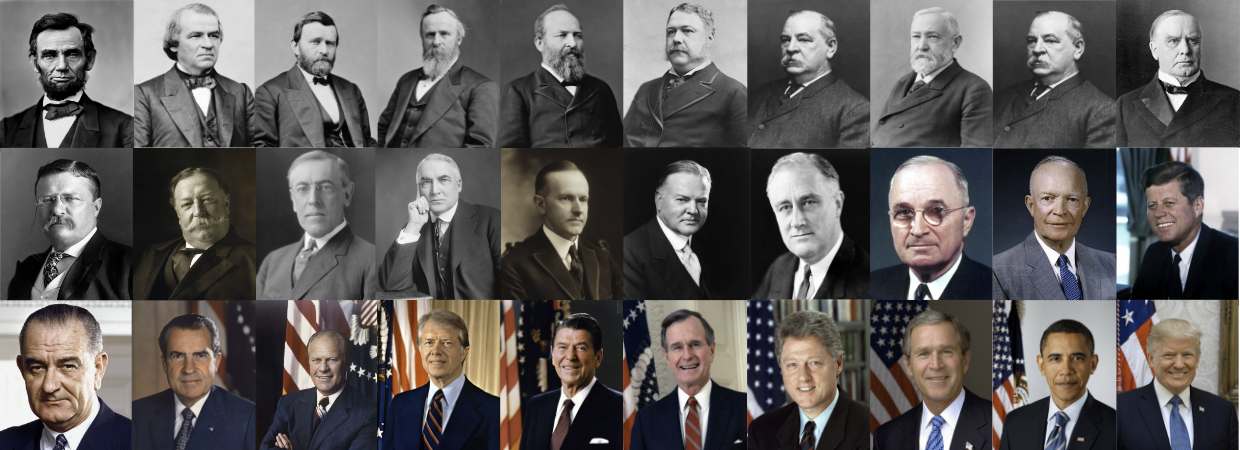
Season Two: Presidential Crises
Welcome to The Past, The Promise, The Presidency, Season Two: Presidential Crises. This season, we are exploring the presidential crises that you already know and those that are rarely talked about, from the Utah War to the government shutdowns of the 1990s. In the process, we will try to figure out:
What makes a presidential crisis?
What is the president’s role in solving the crisis?
What happens when the president makes the crisis worse?
How have presidential crises changed in the last 250 years?
We explore all this and more in The Past, The Promise, The Presidency: Season Two, Presidential Crises.
Episode 6: The Bonus Army & The 1932 March on Washington
Welcome to The Past, The Promise, The Presidency Season II, Episode VI: The Bonus Army & The 1932 March on Washington.
This Veteran’s Day, we are examining the time that World War I veterans organized their own March on Washington.
Most Americans associate the Great Depression with Franklin Delano Roosevelt. But it was Herbert Hoover who was in office in 1932 when a group of World War I veterans decided to organize a March on Washington to demand an early payment of their bonus checks for serving in the military during WWI.
In 1932, the Great Depression was at its worst. Approximately one in four American workers unemployed. After three plus years of record-setting unemployment, poverty, hunger, and homelessness, many Americans were at a breaking point. WWI veterans, in particular, were furious that Herbert Hoover had bailed out the banks but he refused to sign a bill that would deliver their WWI bonus payment’s early. But Hoover did not respond with empathy. Instead, he sent federal troops to clear the protesters. Under the leadership of Douglas MacArthur, American soldiers used tanks, tear gas and yes, bullets to remove a gathering of American wartime veterans from the National Mall.
We first spoke to Eric Rauchway of the University of California Davis. He is one of the leading scholars of the New Deal, the Depression and the political history between the world wars. Our second historian also ranks at the top of any list of depression era experts, David Kennedy, the Donald J McLachlan professor of history emeritus of Stanford University. Kennedy won the Pulitzer Prize in 2004 for his history, Freedom from Fear: the American People in Depression and War.

